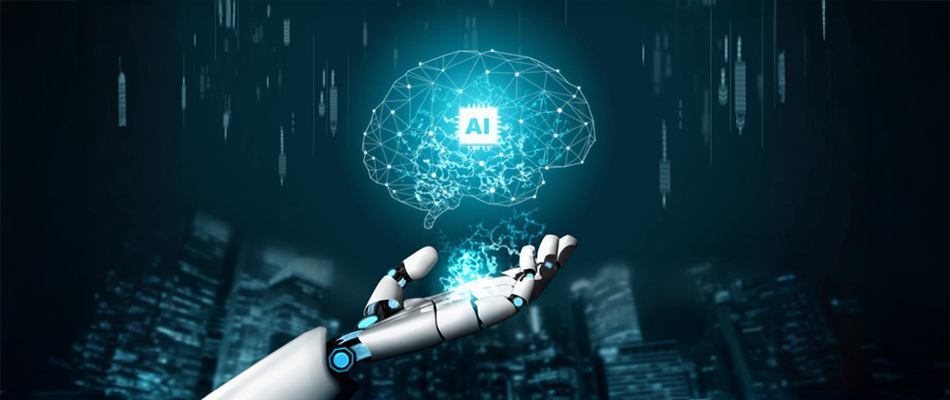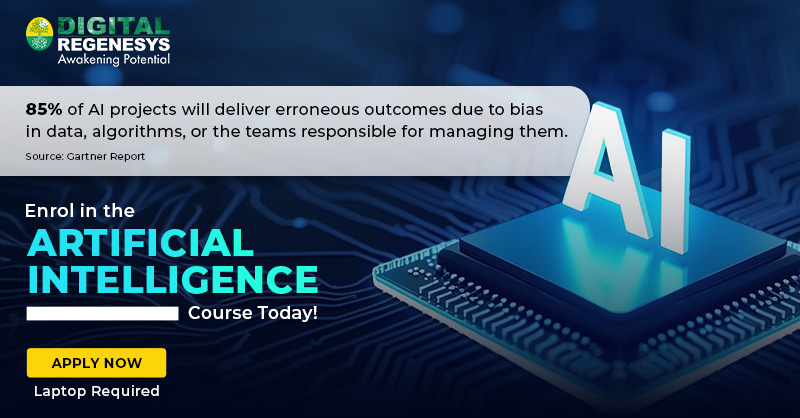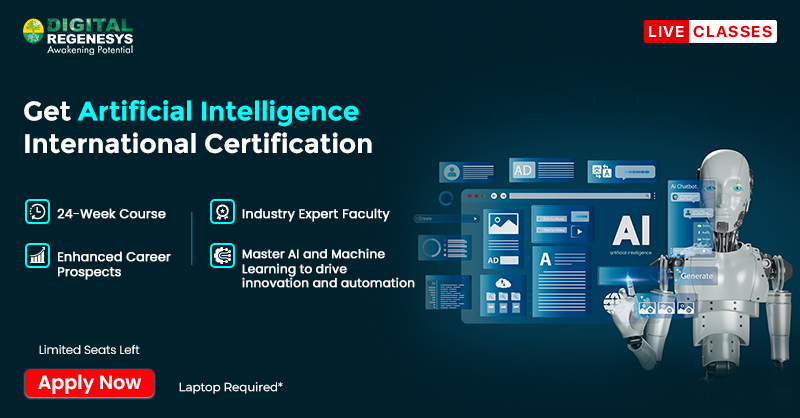What Are AI Agents? A Beginner’s Guide to Autonomous Systems

Artificial intelligence (AI) has become an essential part of our lives, from voice assistants on our phones to recommendation systems on streaming platforms. Yet, many people are still unsure about what AI agents are and how they work. AI agents are essentially systems designed to perceive their environment, make decisions, and act autonomously to achieve specific goals. These systems are at the heart of many technologies that are shaping the future, including self-driving cars, chatbots, and smart home devices.
In this article, we will explore what AI agents are, how they work, the types that exist, real-world examples, and their benefits and challenges.
What is an AI Agent?
Understanding AI agents starts with recognising that they are more than just software programmes. Unlike traditional programmes that follow fixed instructions, AI agents are capable of autonomous decision-making. They interact with their environment, assess situations, and take actions to achieve desired outcomes.
Here are the key aspects that define an AI agent:
- Autonomy: AI agents operate independently without constant human intervention. They can make decisions based on the data they receive and their programmed objectives.
- Perception: These systems gather information from their environment using sensors, cameras, or data inputs, allowing them to “understand” what is happening around them.
- Action: AI agents do not just process information; they take deliberate actions to influence their environment and achieve goals.
In simple terms, AI agents are like intelligent problem-solvers that can observe, learn, and act in a world that constantly changes.

Types of AI Agents
AI agents vary in how they interact with their environment, make decisions, and achieve goals. Each type has unique strengths and is suited to different tasks, from simple problem-solving to complex autonomous systems. Understanding these types helps us see how AI agents are applied in real-world technology.
The following table highlights the most common types of AI agents, their examples, and key benefits:
|
Type of AI Agent |
Description |
Example |
Key Benefit |
|
Reactive Agents |
Focus only on the present situation; do not store past experiences or predict future events. |
A robotic vacuum that avoids obstacles while cleaning a room. |
Simple and fast decision-making. |
|
Deliberative Agents |
Plan actions based on goals and knowledge about the environment. |
Chess AI that calculates multiple moves to choose the best one. |
Can solve complex problems by evaluating potential outcomes. |
|
Hybrid Agents |
Combine reactive and deliberative approaches to balance fast responses with thoughtful planning. |
Self-driving cars that navigate traffic while avoiding sudden obstacles. |
Offers flexibility and efficiency in dynamic environments. |
|
Learning Agents |
Improve over time by learning from experience and feedback. |
Virtual assistants like Siri or Alexa improve the understanding of user commands. |
Adapts to changing environments and user needs. |
Find out The Best AI Productivity Tools in 2026 here!
How AI Agents Work?
AI agents function through a continuous cycle of sensing, processing, and acting. Understanding this process helps us see how autonomous systems operate effectively in real-world environments.
Here are the main components of AI agents:
- Sensors and Perception: AI agents rely on sensors or data inputs to perceive their environment. This could be cameras, microphones, or digital data streams. For example, a self-driving car uses cameras and radar to detect other vehicles.
- Decision-Making: Once an agent perceives the environment, it evaluates possible actions. This can be rule-based logic, machine learning models, or algorithms that predict the best outcome.
- Actuators and Actions: After deciding, AI agents take action through actuators or digital outputs. A robot may move its arm, or a smart thermostat may adjust the temperature.
- Feedback Loops and Learning: Many AI agents continuously learn from feedback. If an action leads to success, the agent reinforces that behaviour. If it fails, it adapts for better performance in the future.
By combining these steps, AI agents can operate independently while improving their efficiency over time.
Explore Why Applied Programming for AI is the Foundation of Modern Machine Learning here!
Examples of AI Agents in Real Life
AI agents are no longer limited to laboratories – they are integrated into everyday technologies. Understanding their practical applications helps illustrate how these systems make life easier and more efficient.
Here are some common examples of AI agents:
- Virtual Assistants: Siri, Alexa, and Google Assistant help with tasks, answer questions, and control smart devices.
- Autonomous Vehicles: Self-driving cars perceive traffic conditions, make driving decisions, and navigate roads safely.
- Recommendation Systems: Netflix, YouTube, and Spotify use AI agents to suggest content based on user behaviour and preferences.
- Robotics and Smart Devices: AI-powered robots in factories or homes automate repetitive tasks, improving efficiency.
These examples show that AI agents are versatile and can be applied across multiple industries.
Benefits of AI Agents
AI agents provide significant advantages that improve productivity, decision-making, and user experiences. Their ability to learn and adapt makes them valuable in both personal and professional contexts.
Given below are the main benefits of AI agents:
- Automation and Efficiency: AI agents can handle repetitive or complex tasks without human intervention, saving time and resources.
- Personalisation: They analyse individual behaviour to provide customised experiences, from product recommendations to smart home settings.
- Continuous Learning: Learning agents improve over time, ensuring better decisions and performance.
- Decision Support: AI agents help humans make informed decisions by providing insights derived from large datasets.
With these benefits, it is clear why AI agents are becoming essential in both professional and everyday contexts.
Challenges and Limitations
Despite their advantages, AI agents have their challenges as well. Awareness of their limitations helps users and developers manage expectations and risks. The following are the key challenges:
- Ethical Considerations: Decisions made by AI agents may raise ethical concerns, such as bias or privacy issues.
- Dependence on Data: Poor-quality data can lead to inaccurate decisions or unexpected behaviour.
- Complexity: Designing, maintaining, and understanding AI agents can be technically demanding.
- Unpredictability: Even advanced AI agents may act unexpectedly in new or untested situations.
Awareness of these limitations helps users and developers manage expectations and risks associated with AI agents.
The Future of AI Agents
AI agents are evolving rapidly, with the potential to reshape industries and everyday life. Emerging trends indicate a world where AI systems work alongside humans and with each other for greater efficiency and problem-solving.
Here are some future trends in AI agents:
- Multi-Agent Systems: Multiple AI agents working together to achieve common goals.
- AI in IoT: Smarter homes, cities, and industries where AI agents manage resources efficiently.
- Collaborative AI: AI agents assisting humans in creative and complex tasks rather than replacing them.
As AI systems become a part of daily life, gaining an understanding of AI agents is becoming essential for everyone.
Know How Artificial Intelligence is Shaping the Future of Work? here!

Conclusion
AI agents are changing how we engage with and use technology. From virtual assistants to self-driving cars, these autonomous systems combine perception, decision-making, and action to deliver smarter, faster, and more efficient solutions. While challenges such as ethical concerns and data dependency exist, the benefits of AI agents are undeniable.
At Digital Regenesys, we offer an Artificial Intelligence course designed to help you understand AI agents, machine learning, and autonomous systems in depth. This course is ideal for beginners and professionals looking to gain practical skills in AI and explore exciting career opportunities.
Don’t wait – enrol in our Artificial Intelligence course today and take your first step into the future of intelligent technology.
Last Updated: 15 October 2025
